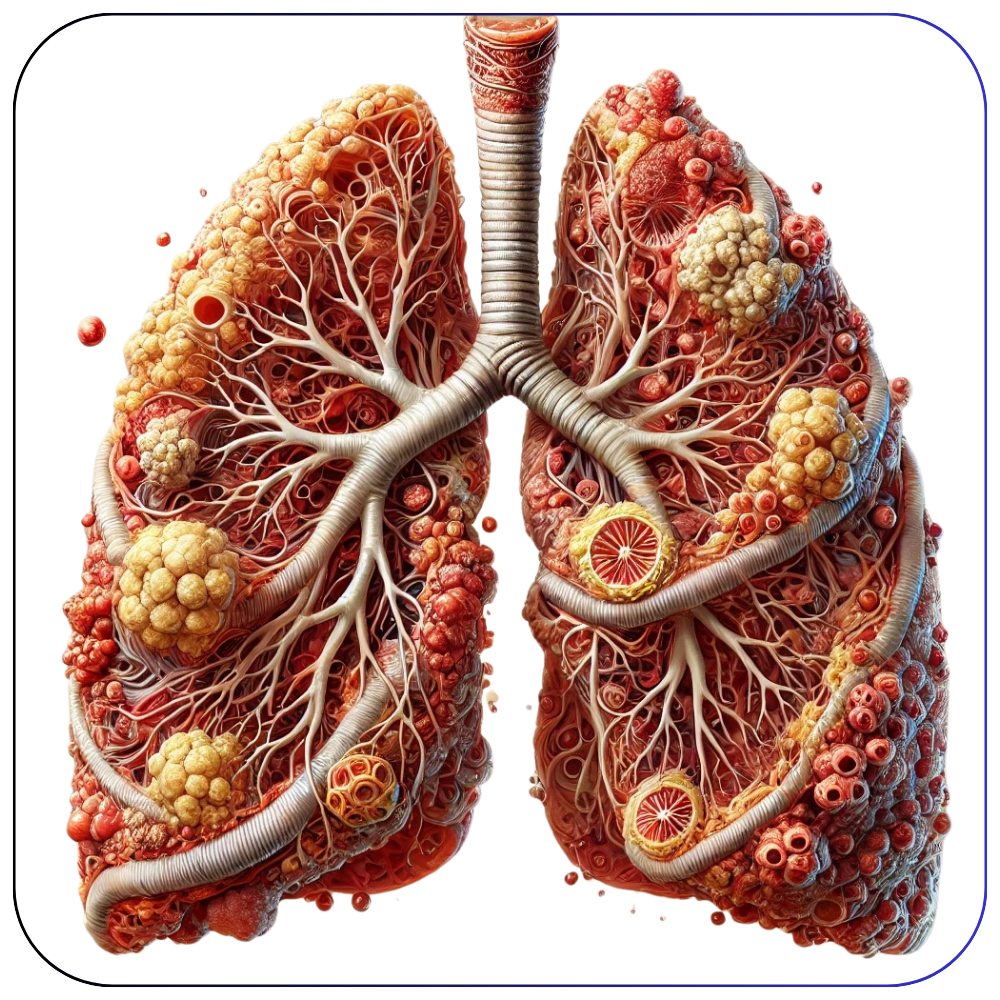Chronic Obstructive Pulmonary Disease (COPD) is a progressive lung disease characterized by persistent respiratory symptoms and airflow limitation. It primarily includes chronic bronchitis and emphysema, two conditions that often coexist. COPD is most commonly caused by long-term exposure to harmful substances, particularly cigarette smoke, but can also result from exposure to air pollutants, occupational dust and chemicals, or genetic factors such as alpha-1 antitrypsin deficiency. The disease leads to the narrowing of airways and destruction of lung tissue, causing symptoms such as chronic cough, mucus production, shortness of breath, wheezing, and fatigue. As COPD progresses, it can significantly impair a person’s ability to perform daily activities and reduces their quality of life.

Treatment for COPD focuses on relieving symptoms, improving lung function, and slowing the progression of the disease. Smoking cessation is the most critical intervention for those who smoke, as it can significantly slow disease progression. Pharmacological treatments include bronchodilators, which help to relax and open the airways, and inhaled corticosteroids, which reduce inflammation. In some cases, combination inhalers are used to provide both bronchodilation and anti-inflammatory effects. Long-term oxygen therapy may be necessary for patients with severe COPD to maintain adequate blood oxygen levels. Pulmonary rehabilitation, which includes exercise training, nutritional counseling, and education, is also an essential part of managing COPD, helping patients improve their physical condition and quality of life. Additionally, vaccinations to prevent respiratory infections, such as influenza and pneumonia, are crucial, as these infections can exacerbate COPD symptoms.
